Description
ABSTRACT
Value Added Tax on Real Estate Lease Transactions: Connecting the Dots
Stephen Chima Arubike* and Utonwa Lauretta Onwumelu**
ABSTRACT
The application of Value Added Tax (VAT) to real estate lease transactions has been a subject of interest and debate. Whilst VAT payment in Nigeria is limited to supplies of either “goods” or “services”, the law only exempts from VAT “goods” or “services” that are explicitly listed in the statute. The failure to define the terms
“goods” or “services” prior to 2019 led to the conclusion in some judicial decisions that lease transactions are subject to VAT because neither lease nor interest in land is explicitly exempt from VAT. This article explores the historical context of the controversy surrounding the absence of precise definitions, the rationale behind judicial interpretations, the impact of the Finance Acts 2019, 2020, and 2023 in resolving these definition issues, and their practical implications.
Lease transactions have unique characteristics that complicate their classification as supplies of either “goods” or “services” for VAT purposes. Hence, before the clarifications made in the Finance Acts, courts and tax tribunals were grappling with the VAT treatment of lease transactions, resulting in conflicting interpretations, uncertainty, and inconsistencies in their taxation. Legislative amendments were introduced through the Finance Acts to address the VAT treatment of lease transactions, recognising the pressing need for clarity and uniformity. These interventions provide a coherent framework for categorising leases, including assets attached to leases, and determining their VAT liability.
These amendments will undoubtedly significantly impact accounting practices, tax planning, and compliance requirements for lease transaction stakeholders. However, they will substantially alleviate the tax burden on taxpayers in real estate related transactions, which are already overburdened by the land registration and governor’s consent fees.
Keywords: Value Added Tax, Goods and services, Lease, real estate.
INTRODUCTION
In Nigeria, value-added tax (VAT) is levied at 7.5% on all supplies of goods and services other than those expressly exempt in the Value Added Tax Act, 1993 (as amended) (the “VAT Act”).1
*LL.B, BL, FCTI., G. Elias
**LL.B, BL, ACTI., G. Elias
- VAT Act, s. 2.

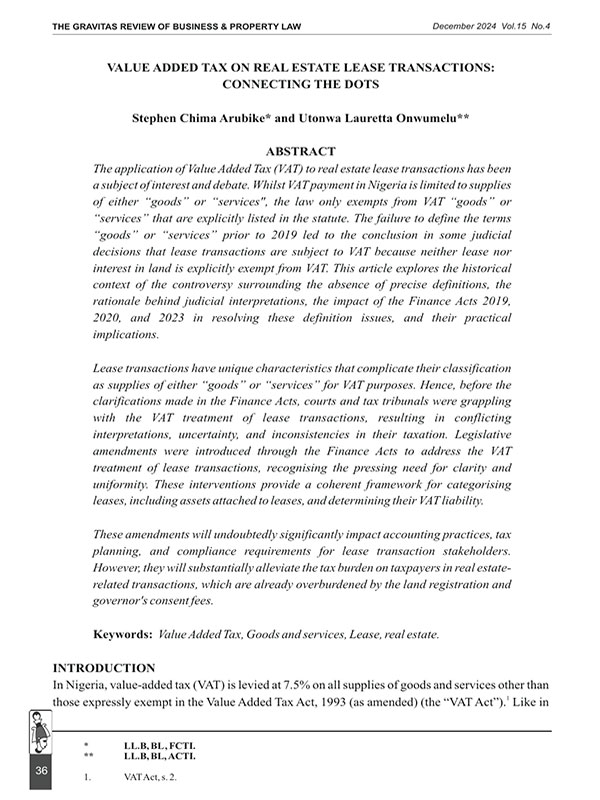
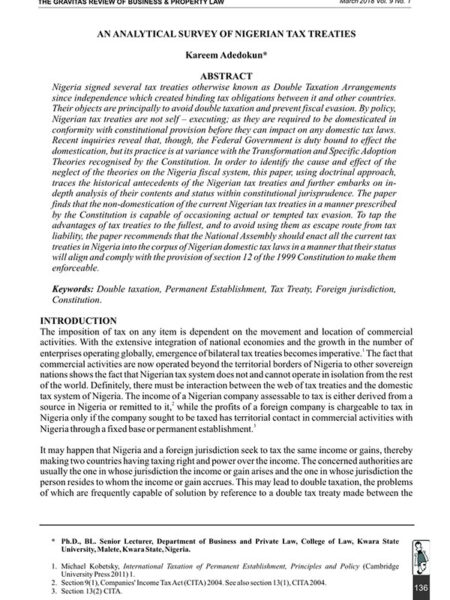
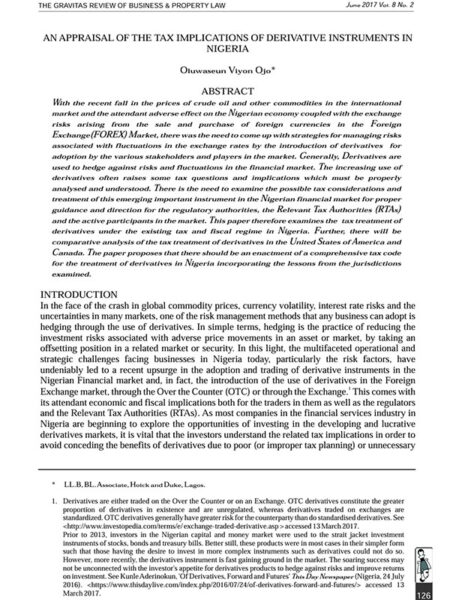
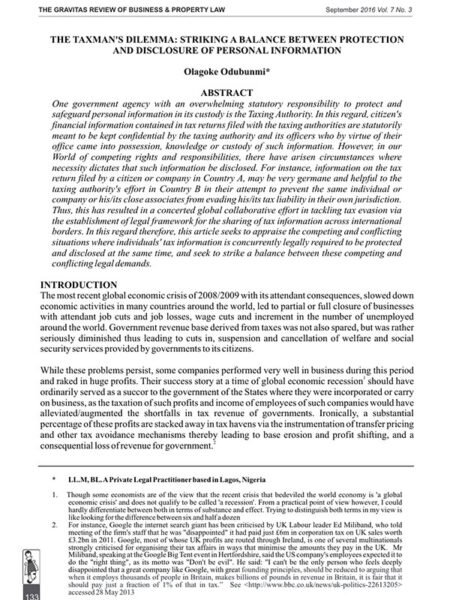
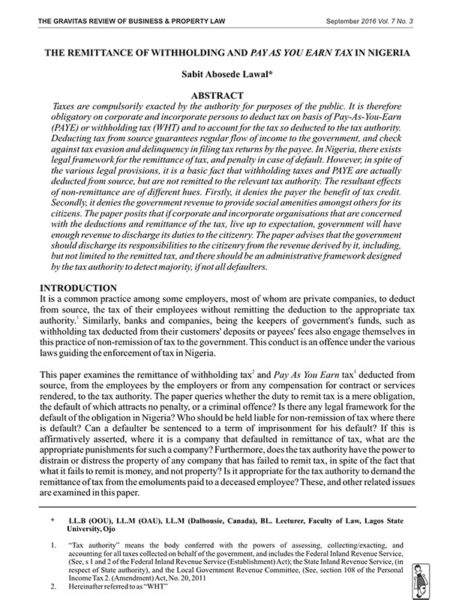



Reviews
There are no reviews yet.